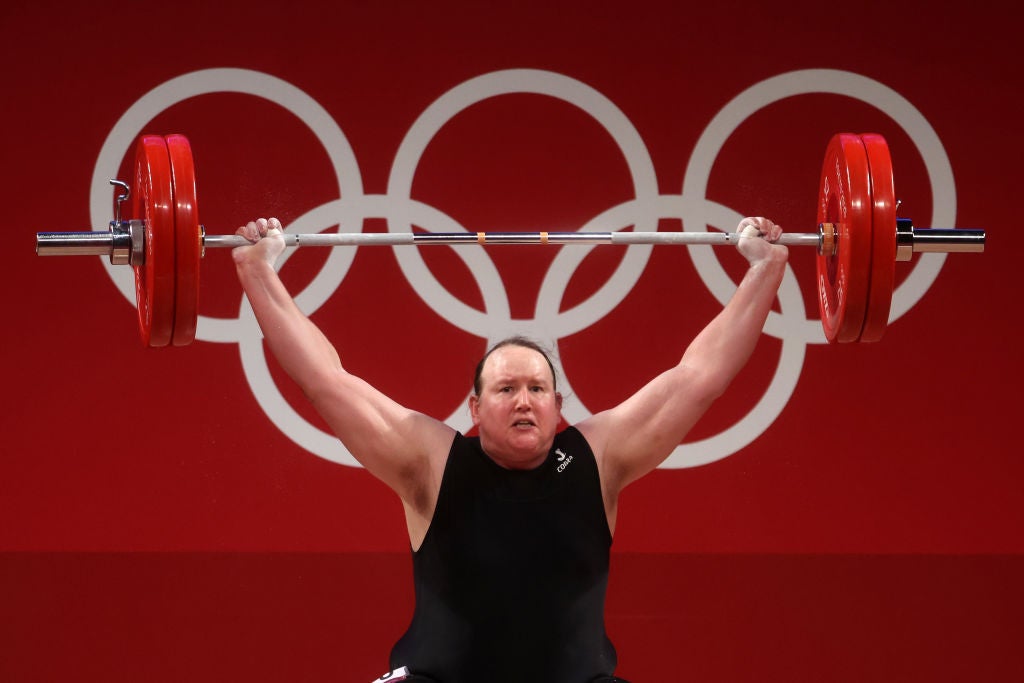Transgender athletes do not need to ‘prove or justify’ identity to compete, say Sport New Zealand
NZ transgender athlete Laurel Hubbard competed at the Tokyo Olympics last year to make history

Your support helps us to tell the story
From reproductive rights to climate change to Big Tech, The Independent is on the ground when the story is developing. Whether it's investigating the financials of Elon Musk's pro-Trump PAC or producing our latest documentary, 'The A Word', which shines a light on the American women fighting for reproductive rights, we know how important it is to parse out the facts from the messaging.
At such a critical moment in US history, we need reporters on the ground. Your donation allows us to keep sending journalists to speak to both sides of the story.
The Independent is trusted by Americans across the entire political spectrum. And unlike many other quality news outlets, we choose not to lock Americans out of our reporting and analysis with paywalls. We believe quality journalism should be available to everyone, paid for by those who can afford it.
Your support makes all the difference.Transgender athletes will be able to participate in community sport in New Zealand in the gender they identify with and not need to prove or justify their identity, according to guiding principles released by Sport New Zealand (SNZ) on Tuesday.
The guidelines do not apply to elite sport and it will be up to individual sports to define where and how transgender athletes participate, the governing body said.
“An inclusive transgender policy allows individuals to take part as their self-determined gender and not as the sex they were assigned at birth,” SNZ said.
“It does not ask people to prove or otherwise justify their gender, sex or gender identity.”
Transgender participation has proved controversial at amateur and elite levels, with women’s groups and some athletes saying transgender athletes should be banned from female categories to ensure fair competition.
Supporters of transgender participation argue that not enough research has been done into whether transgender athletes have an unfair advantage against women.
New Zealand weightlifter Laurel Hubbard became the first transgender athlete to compete at the Olympics Games in Tokyo last year.
Sport New Zealand said it was essential that community sport leaders were committed to inclusion and could show that commitment by using pronouns in email signatures and communications, and appointing inclusion officers.
The principles said changing rooms and bathing facilities needed to ensure privacy so that all people could use them safely and comfortably.
That could mean removing urinals to make bathrooms “gender neutral” and making open showers private.
The guidelines also said sports should consider whether gender specific uniforms were necessary and redesign them to accommodate different body types and shapes.
Join our commenting forum
Join thought-provoking conversations, follow other Independent readers and see their replies
Comments